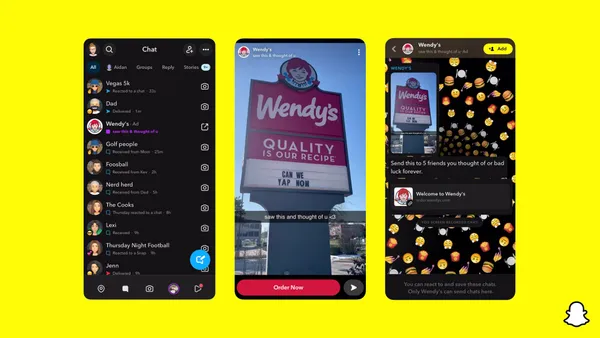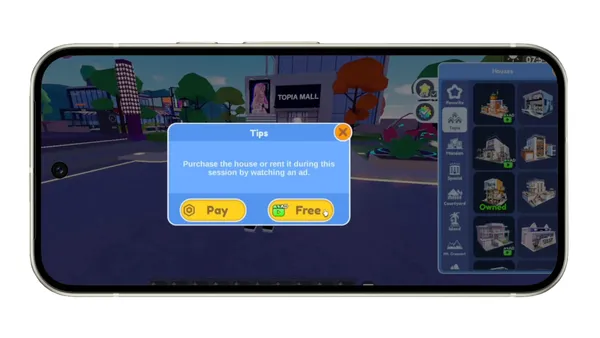Dive Brief:
- After six years at the Federal Trade Commission (FTC), now-former FTC Commissioner Julie Brill has left her post in the government for private legal practice, and looking back on her tenure had some tough assessments about the digital ad industry.
- She told Ad Age that the collapse of Do No Track has led to today’s ad blocking issue, and that self-regulation by the ad industry isn’t working.
- Multiple studies have uncovered different levels of penetration ad block use. The Wall Street Journal reports the most recent figures from comScore show about 10% of all U.S. desktop users are using ad block software. The data was compiled from a panel of around one million U.S. desktop users.
Dive Insight:
In terms of the rise of ad blocking, Brill points directly at 2013 when the effort to create a Do Not Track privacy standard fell apart, telling Ad Age, "We've seen an incredible rise in consumers taking matters into their own hands, which is precisely what I said would happen back then."
Brill added, "In some ways I think that effort fizzled because the multi-stakeholder process broke down. There were entities involved that weren't supporting the direction the group was heading and withdrew from the effort. It would have helped industry and consumers to have some rules of the road in online tracking."
Echoing Brill’s comments about consumers taking control of their online experience and privacy via ad blocking tech, Jerrid Grimm, co-founder of Pressboard, recently told Marketing Dive, "Whether you look at Uber, Airbnb, TiVo (DVR’s), Netflix, or music streaming ... consumer demand always prevails over entrenchment of the establishment. Why would we expect ad blocking to be any different? If this becomes a technological arms race, we’re putting our bet on the consumer winning the war."
Brill will remain somewhat active in the space in her new role as partner and co-director of the privacy and cybersecurity practice at Hogan Lovells.














